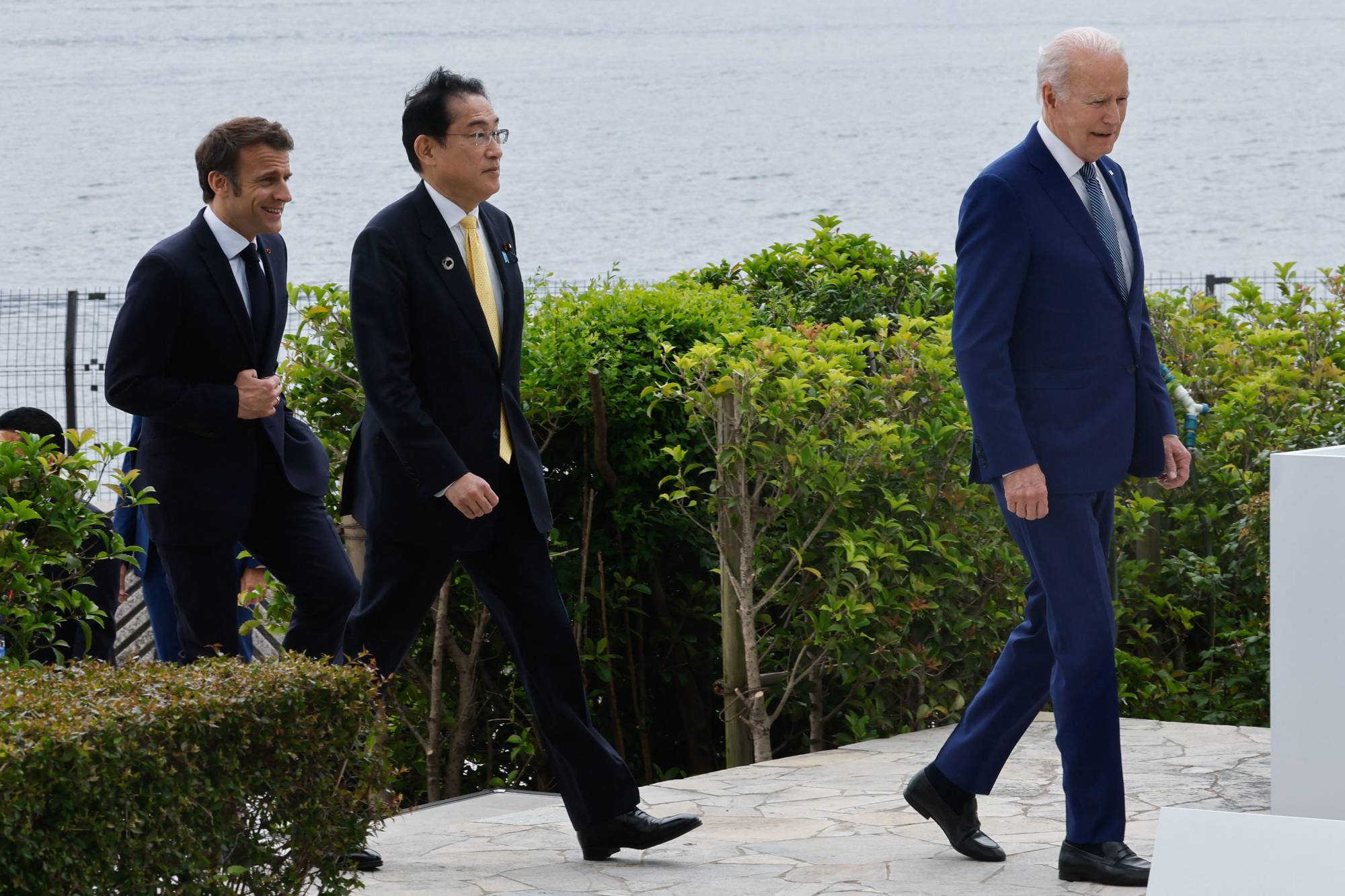Group of Seven leaders agreed Saturday on a new set of measures to boost economic security and strengthen supply chains as they aim to adopt a common approach to de-risk and diversify their respective economic ties with Beijing and Moscow.
At the same time, the group emphasized the need to step up cooperation with emerging economies in the areas of infrastructure, digitization and trade as part of joint efforts to find new markets and sources of investment, according to a joint statement issued at the G7 summit in Hiroshima.
The measures include a new coordination platform against economic coercion as well as a series of steps to counter market-distortive practices, protect technology in critical areas and secure critical goods such as minerals, semiconductors and batteries through global partnerships.


















With your current subscription plan you can comment on stories. However, before writing your first comment, please create a display name in the Profile section of your subscriber account page.